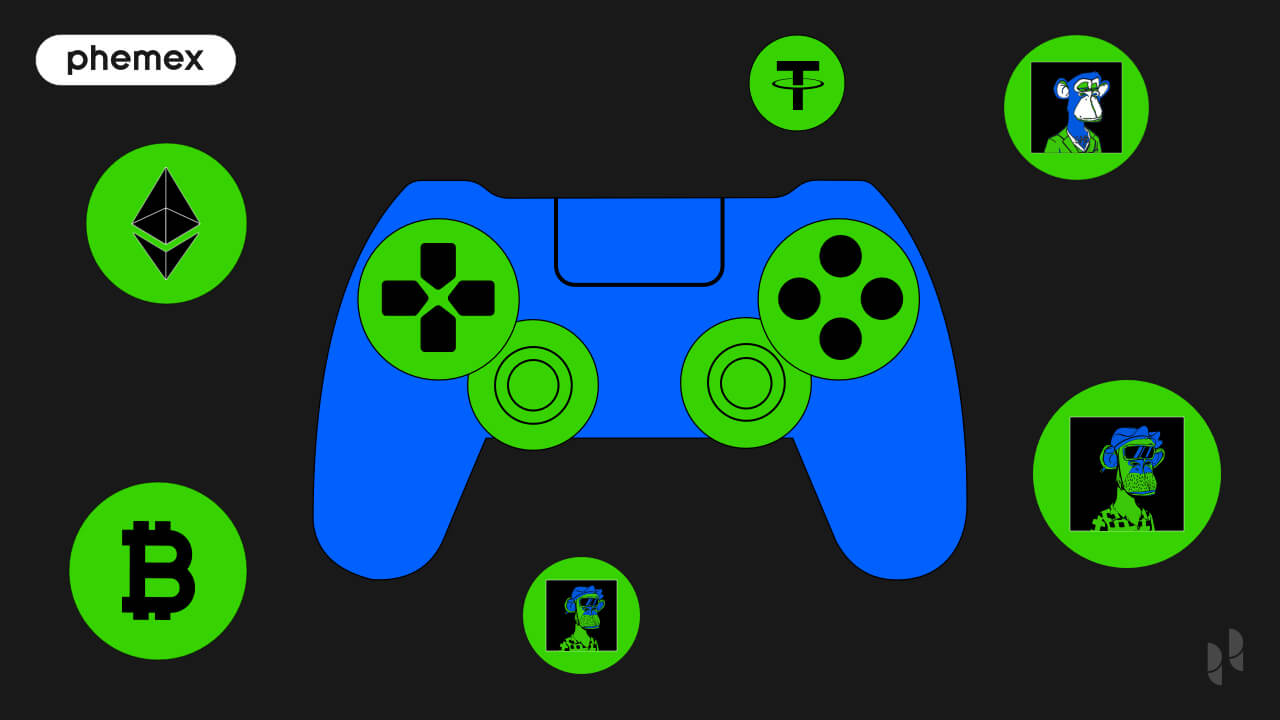Key Takeaways
- Metaverse games create immersive virtual worlds where players interact, socialize, and trade digital assets.
- Blockchain and NFTs enable true ownership, interoperability, and decentralized economies within these games.
- Metaverse gaming is redefining entertainment, community, and digital economies, offering players new ways to play, earn, and connect.
Defining Metaverse Games
Metaverse games combine gaming, social networking, and virtual reality to create persistent digital worlds. Unlike traditional games, these worlds are not limited to a single storyline or server—they continue to exist even when players log off.
Players can explore vast environments, customize avatars, socialize with others, and participate in events, much like a virtual society. Games like The Sandbox, Decentraland, and Roblox showcase early examples of metaverse experiences, blending creative expression with interactive gameplay.
The Role of Blockchain and NFTs
Many metaverse games leverage blockchain technology and NFTs to give players genuine ownership of digital assets. Items like virtual land, skins, or collectibles are stored securely on a blockchain, allowing players to trade, sell, or even use them across multiple platforms.
This system creates a player-driven economy, where digital assets carry real-world value and creativity is rewarded. Unlike traditional games, where assets are locked within a single ecosystem, blockchain ensures transparency, security, and long-term ownership.
Why Metaverse Gaming Matters
Metaverse games are significant because they represent more than entertainment—they are shaping digital culture, social interaction, and virtual economies.
Key impacts include:
- Enhanced social experiences: Players meet, collaborate, and create communities in shared virtual spaces.
- Economic opportunities: Virtual land, NFTs, and on-chain economies allow players and creators to earn real-world value.
- Innovation in gaming design: Persistent worlds and player-driven content foster creativity and engagement beyond traditional games.
As the metaverse grows in 2025, it’s becoming a bridge between gaming, social media, and the broader digital economy.
The Future of Metaverse Games
Looking ahead, metaverse gaming is expected to expand with better VR/AR integration, cross-platform interoperability, and more sustainable play-to-earn ecosystems. Developers aim to make these virtual worlds richer, more accessible, and more inclusive, while giving players more agency and ownership over their experiences.
For newcomers, understanding metaverse games is essential to navigating this new digital frontier, whether for entertainment, investment, or creative collaboration.
Conclusion
Metaverse games are more than a new genre—they are a shift toward immersive, persistent digital worlds where ownership, creativity, and community converge. By blending blockchain, NFTs, and social interaction, they are redefining what it means to play, connect, and thrive in virtual environments.
Disclaimer: The information in this article is for general purposes only and does not constitute financial advice. The author’s views are personal and may not reflect the views of GameDegen.com. Before making any investment decisions, you should always conduct your own research. GameDegen.com is not responsible for any financial losses.




